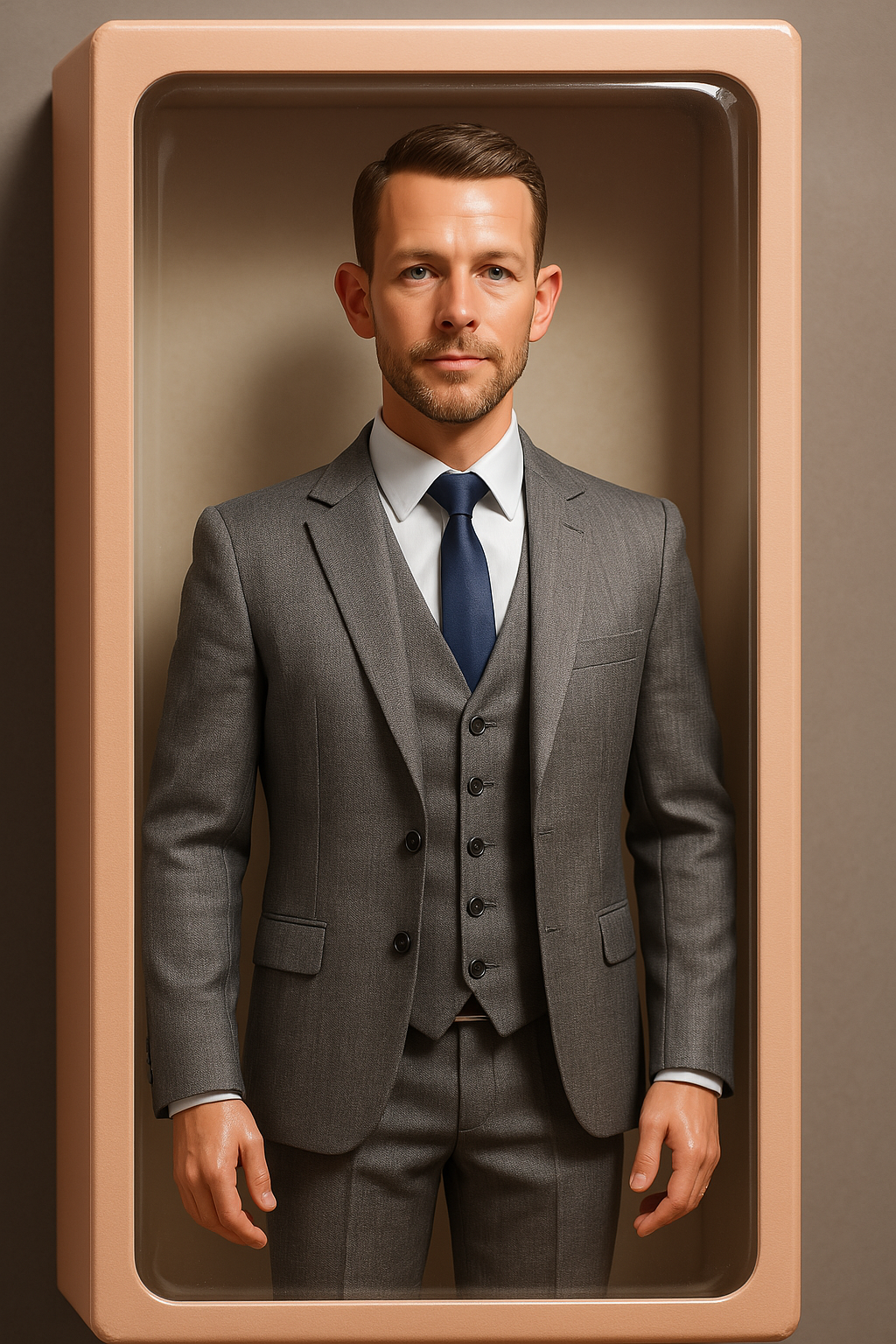This year marks 20 years of lawyering for me. My social circle teems with legal minds, including my spouse. Beyond this, I have represented fellow lawyers, instructed quite a few, and even occupied the seat of a Law Society President. Suffice to say, I know my lawyers.
And that is why this post will be unpopular, but only with lawyers.
With the benefit of distance from the profession, and having given the issue much thought, I have arrived at a potentially contentious conclusion: lawyers, fundamentally, are not distinct from anyone else.
Yes, lawyers are generally astute, trained in legal fundamentals, and often have a few areas of specialisation, honed through practice. Worldwide, like most professions, lawyers adhere to ethical codes, mostly. The mainstay of lawyer work is the balancing of various risks. But these attributes aren’t exclusive to lawyers: many people possess these skills; most people have a functioning moral compass; and most people are logical.
Consider the diverse legal skills spectrum: litigation – my field – is a different universe compared to drafting wills or managing probate. A barrister defending a rapist in Crown Court shares little similarities with the paralegal conveying a house. A trade union official could easily out advocate a non-contentious lawyer. An engineer could easily out-logic a corporate lawyer. Many people can perform research competently. There is no one skill which sets lawyers apart.
And my experience is that many Litigants in Person (people who represent themselves) perform brilliantly when advocating. A case in point is the largest discrimination award in British history. A Polish doctor, Dr Michalak, was awarded £4.5m by a Employment Tribunal. But who was her lawyer? Her husband, himself a doctor: not many spouses get to right a wrong in court for their partner! As I recall, this discrimination claim was brought against at least four Defendants/Respondents, who instructed top firms of solicitors, who then instructed top barristers. From memory, the trial lasted four weeks: the longest I have performed advocacy is just one day!
Today’s world, brimming with online legal resources and AI tools, empowers non-lawyers with formidable legal instruments, levelling the playing field. When I discuss non-law matters with my friends, my legal training gives me no edge. Sure, I know more law than they do, but that is only from experience, rather than something innate or a method of thinking that people mistakenly assume is taught at law school. And that’s a bugbear: non-lawyers imagine that law tutors douse their law students in a secret sauce, when in fact law school for the most part lacked the intellectual rigour of a degree. Law school is no cake walk – sure – but I reckon that a sizeable chunk of the population could pass it.
Reinforcing my perspective is the recent shift in legal qualifications. A law degree is no longer a prerequisite for legal practice. This change reflects a broader truth: the potential for legal proficiency exists widely.
I love lawyering, and I love lawyers. The very fabric of our society, through our civil and criminal systems, couldn’t function without them. I wish that Legal Aid – beggared and maligned by the Government – ought to be widely available, so that all people can access the laws created for them by politicians. However, it’s important to demystify the aura around lawyers. The truth is, the potential lawyer could very well be you.










